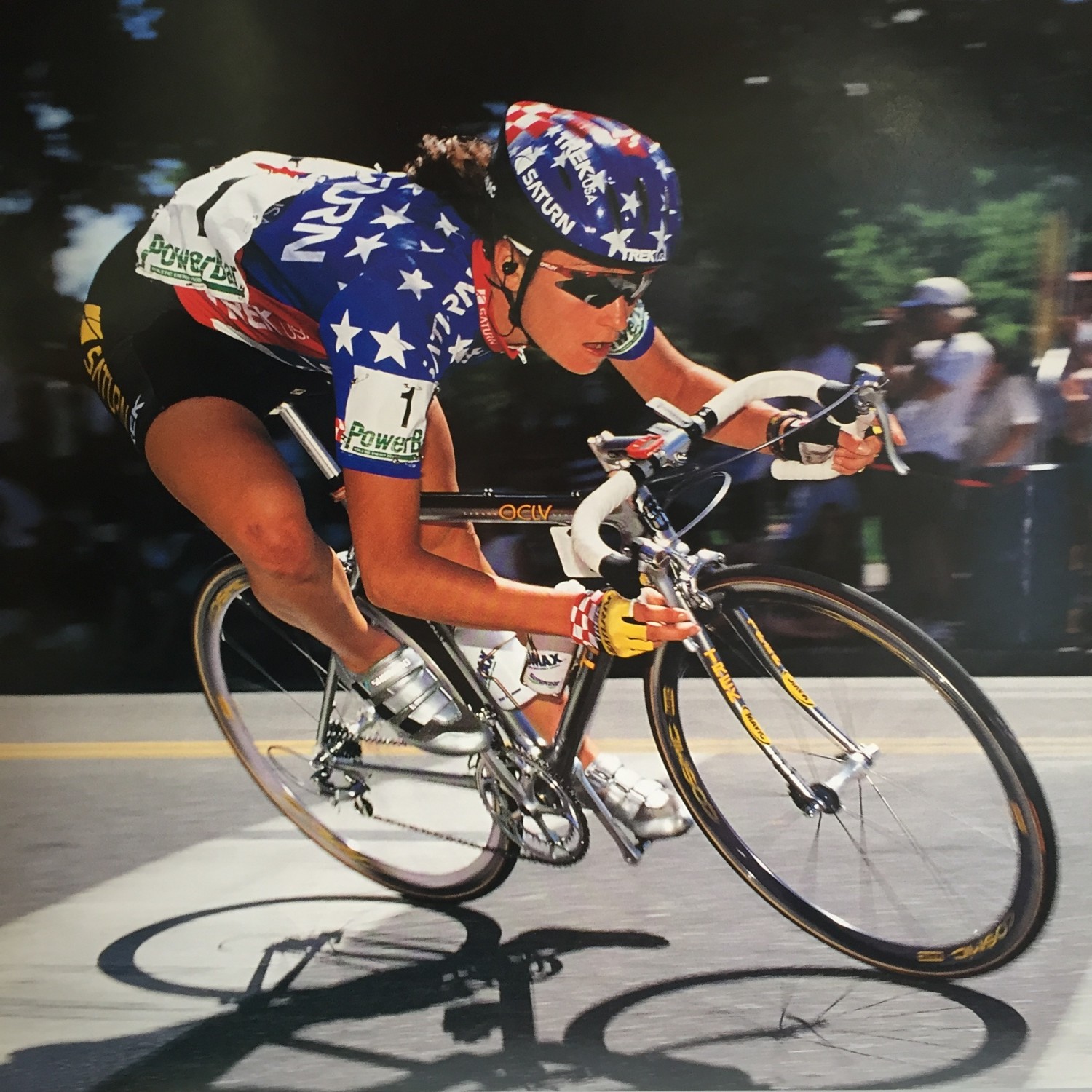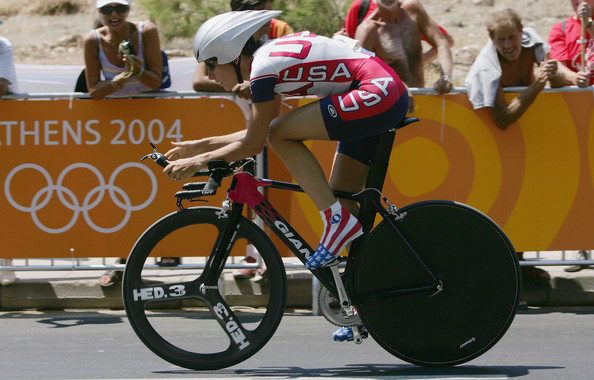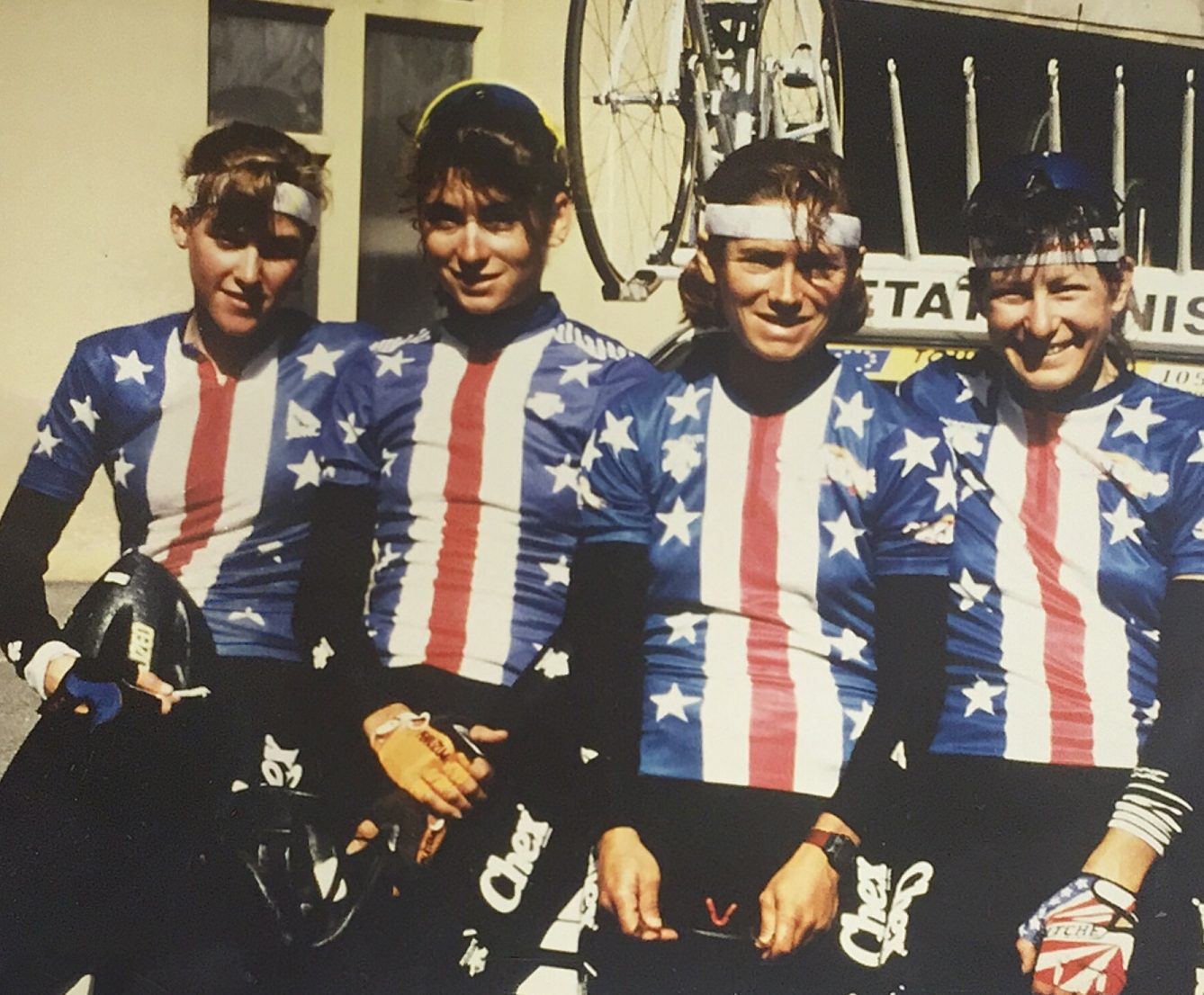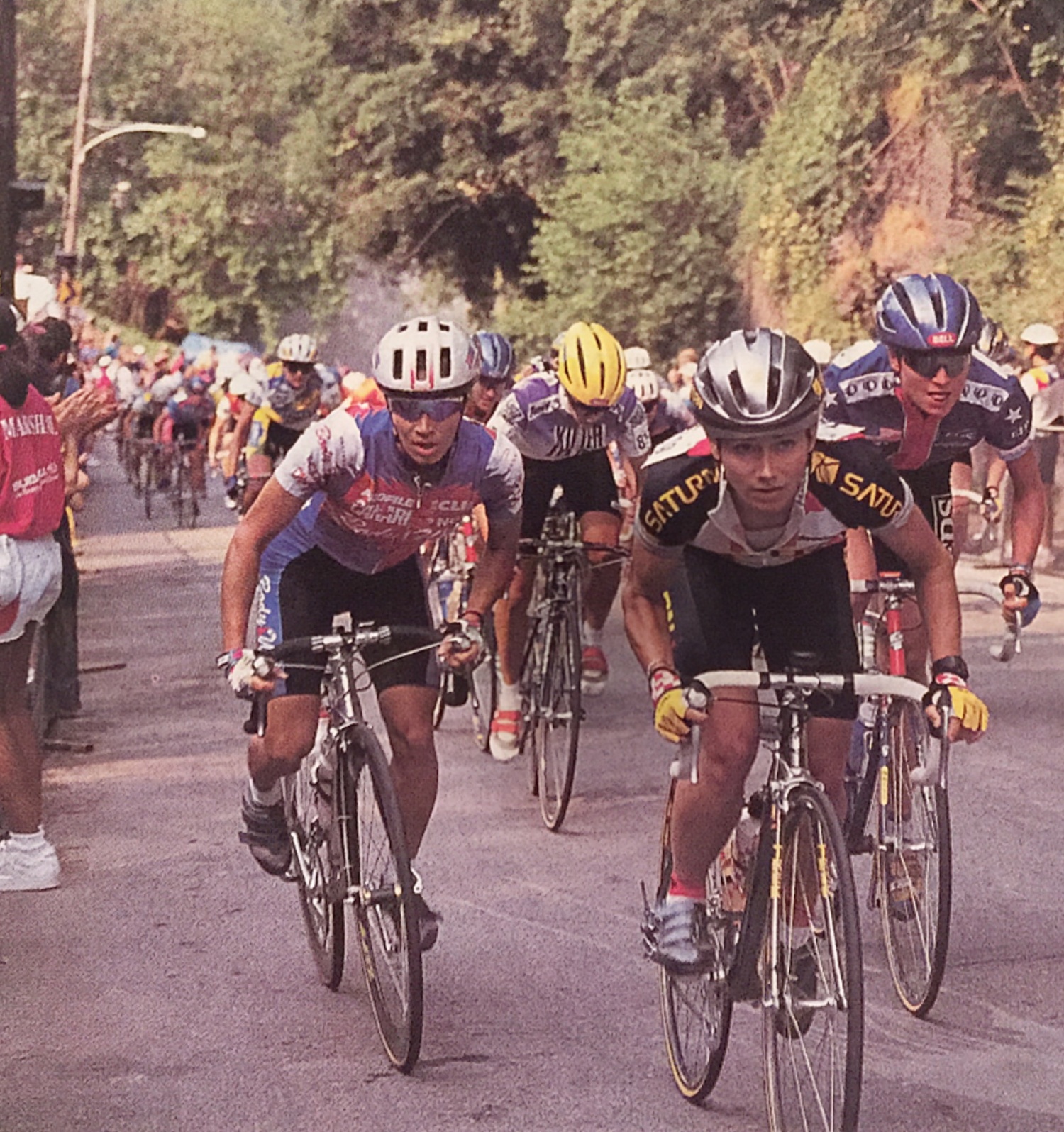By Dede Barry
As the ascent began, I looked down at my power-meter, dialing in my cadence and pressure on the pedals to the effort prescribed by my coach. The climb would be repeated four times at fluctuating intensities, as if to simulate the race, while also stimulating my body to increase my fitness. With a power-meter, heart rate and body weight, I was able to look at the numbers produced and determine whether or not I was fit enough to be competitive at the highest level of racing.
The power-meter technology that was first developed by Uli Shoberer of SRM in 1986 revolutionized cycling training. It is a valuable tool that is essential for any cyclist wishing to train effectively. But, too often, athletes put too much stock in the numbers and forget to listen to their sensations on and off the bike. Mindset can make or break your performance in training and in competitions. Fitness allows us to be in the front, while grit, drive, and instinct will win the race. For the amateur athlete, focusing too much on the numbers can sap enjoyment, and, in many cases when athletes are chasing their friends’ shared power and performance metrics, can negatively affect long term training goals.
Through a lifetime of experience in sport, I have trained and raced with the most physically talented athletes and many of the most successful of my generation. They often weren’t the same people. The US National Team was driven to improve performance through technology, and as a member, I was an early adopter of power training. Exercise physiologists with the team regularly poked, prodded and tested us to figure out how to get us to perform and what made one of us better than the other. There was a period leading up to the 1996 Olympic Games, where too much stock was put in the numbers but quite quickly, the best coaches realized that the numbers didn’t always align with the performances.
Testing only tells a small piece of a much bigger story, especially in a sport such as cycling, where there are countless variables that reach far beyond physical strength that will affect outcome. This is also one of the reasons it’s such a dynamic and interesting sport to participate in and watch.
Dede Barry at the 2004 Olympic Games in Athens, Greece.
Training for the Olympics in 2004, numbers gave me confidence that I was where I needed to be physically, but ultimately, many other factors including digging deep mentally, putting every ounce of energy into each pedal stroke, the equipment I rode, my position on the bike, etc had a profound effect on my silver medal performance. In fact, while using a power-meter, I worked with Uli and USA Cycling Coach, Jim Miller to refine my position and equipment–in a more aerodynamic position I was able to reduce my frontal surface area, drag and save roughly 40 watts at my race pace (a performance gain greater than I could ever expect to achieve just by training).
Dede and Julie Young (center) at the 1991 World Championships in Stuttgart, Germany.
In June 2018, I reconnected with a former US National and Saturn Professional teammate, Julie Young in San Francisco. Julie is now a cycling coach and is becoming a guru on all things training related. We gave a talk together at Rapha San Francisco about training and racing. After long careers as professional cyclists, one of the many things we agree on, is that at the top level of the sport, the physiological differences are minimal between the athletes, but it is often mindset that separates the good athletes from the great athletes. Julie recently wrote a great article on mindset and performance. Some of the key take-aways are:
- Intrinsic motivation is essential
- Develop challenging, yet achievable goals
- Focus on the process
- Don’t be afraid to fail, rather embrace it as a learning experience.It is essential to exploring your limits.
- Add mental strategies to your tool kit, such as visualization, positive self-talk.
- Maintain a growth mindset:Use disappointing performances as valuable feedback to continue to learn and improve.
- Most importantly, have fun on the bike!
Julie Young leading the pack up the Manyunk Wall at the 1994 Corestates Race in Philadelphia, PA.
Read Julie Young’s recent article: Mindset is Everything: Mental Strategies To Improve your Athletic Performance and listen her recent Velonews Podcast: Beyond The Data: Training is about more than just the numbers.
As you prep for the 2020 season, power is a valuable tool, but your best performances will come when you control for all the variables possible and have the right mindset.
Grit and determination help you overcome the toughest challenges.
Keep your training fun and interesting. Change up your routine, explore new places on your bike, push your limits, ride with friends, and when you are suffering, remember that the most challenging moments result in growth and often make for the best memories.
At Mariposa Bicycles, we sell 4iiii, Shimano, Quarq, SRM and Pioneer power meters. To order one, please contact us at [email protected]




